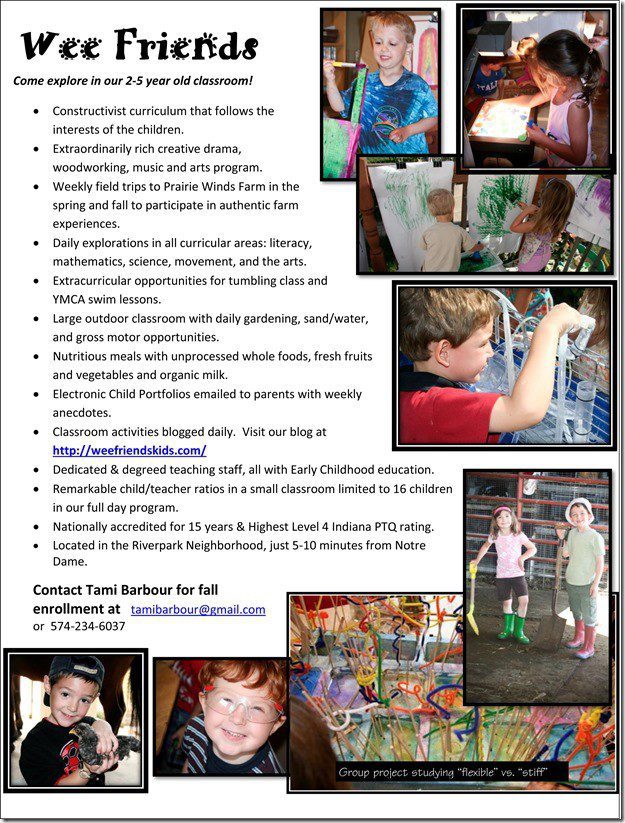Last week, I read the article, Children and sleep – A Real Health Issue, and I wanted to share it on the blog today. Maybe because it is May the 16th, it is 39 degrees out, and it is drizzling rain AND I want to nap instead of doing real work. So my compromise is sip my coffee while I write about napping:)
The article was a very concise write up of what I have been reading about for years: GOOD SLEEP IS CRITICAL FOR EVERYONE, ESPECIALLY CHILDREN. Lack of sleep is connected to being at high risk for obesity, chronic disease, developing ADHD, and it is detrimental to learning. The author shares, “Up until age five, naps are an important part of healthy sleep habits. Research shows that young children learn best when they are able to nap during the day. The brain is active during sleep and helps to transfer information learned earlier in the day to a different part of the brain that controls long-term memory. The ability to focus and control behavior are affected if children do not get adequate sleep including a daytime nap.” http://extension.psu.edu/youth/betterkidcare/news/2014/children-and-sleep-2013-a-real-health-issue
In another article, Daytime Naps Enhance Learning in Preschool Children, http://www.sciencedaily.com/releases/2013/09/130923155534.htm the author shares Rebecca Spencer’s research on napping preschoolers. Spencer is concerned because with the surge of information on the importance of early learning, the shift is to take naps away to make more time for learning. However, she concludes that, “children should not only be given the opportunity, they should be encouraged to sleep by creating an environment which supports sleep.” Her research conclusively showed that children were better able to remember what they had learned after an average nap of 77 minutes than without one. Specifically, “While the children performed about the same immediately after learning in both the nap and wake conditions, the children performed significantly better when they napped both in the afternoon and the next day,” the authors summarize. “That means that when they miss a nap, the child cannot recover this benefit of sleep with their overnight sleep. It seems that there is an additional benefit of having the sleep occur in close proximity to the learning.”
![HowMuchSleep[1]](/wp-content/uploads/2014/05/HowMuchSleep1-1024x716.jpg)
Wee Friends offers a quiet environment conducive to good napping in both classrooms and our teachers value naps. For the preschoolers we often get requests to discontinue napping and we do work with parents and respect their wishes. However, I wanted to offer some research as to why we value the nap. As always, ya’ll know I love to talk about this stuff. So, I’d be happy to dialogue and brainstorm with any of you on how to ensure your child is getting enough rest during the day.
When you can’t figure out what to do, it’s time for a nap. ~Mason Cooley
Stay warm today!
Tami
Other links on sleep:
Your Guide To Healthy Sleep http://www.nhlbi.nih.gov/health/public/sleep/yg_slp.htm
Napping Helps Children Retain Memory, Learn New Skills http://www.redorbit.com/news/health/1113116770/children-learn-more-retain-memories-with-naps-040914/#KctKWGROeTodObpC.99
From Learning in Infancy to Planning Ahead in Adulthood: Sleep’s Vital Role for Memory http://www.cogneurosociety.org/sleep_memory_cns2014/
Infant Sleep Research: Bedsharing, Self-Soothing, and Sleep Training http://scienceofmom.com/2012/03/09/infant-sleep-research-cosleeping-self-soothing-and-sleep-training/


![HowMuchSleep[1]](/wp-content/uploads/2014/05/HowMuchSleep1-1024x716.jpg)
![10154178_693447297364367_616040939_n[2]](/wp-content/uploads/2011/04/10154178_693447297364367_616040939_n2-300x288.jpg)